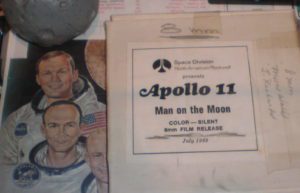
As American companies have abandoned their legacy and sold out or turned into ever larger monopolies, new companies, often non U.S., have reaped the great rewards. One such story is Rockwell, which was one of the stellar brands of the United States space program, and best known and most trusted industrial names in the world.
Rockwell began with bearings, and making everything from the Apollo capsule to the Space Shuttle to the B-1. Founder Willard Rockwell was an Elon Musk of his time. The halo of the brand rubbed off on the popularity of their American made tools, each bearing the Saul Bass designed “praying hands” rocket launch logo that appeared in households and across the space program.
The company was clever in its ability to connect the consumer aspect with the industrial and space divisions; that generation of men, not trained “marketing” people, understood that average guys in their workshops wanted tools that were connected to World War II, Air Force and NASA equipment. The suburban male, looking at ideas for home building projects in the Popular Mechanics “Wordless Workshop” might indeed want tools made by the manufacturer of the Apollo Command Module.
The elder Rockwell had the logo on every part of the Rockwell International empire, even patches and playing cards. They were also brilliant at marketing at a sub-obvious level. For instance, in 1974 the company was astute enough to lend out its buildings for a Six Million Dollar Man episode with a UFO and sorta-hot space alien woman that Steve Austin managed to slip onto a lunar module to send back into space after she got stuck on earth. This sort of promotion does little for the consumer (only the most observant will hardly ever read the episode credits), but it does wonders for the excitement and morale of the company. If one can only imagine having Lee Majors hopping around the campus in a leisure suit for a week.
The companies were not only the place of great innovation, but great humor. Two internet items that mention Rockwell are the fictional invoice sent by Grumman to Rockwell over Apollo 13, and the fictional training film for the Rockwell Retro Encabulator. They are proof that greatness, gentle humor and innovation are ultimately connected.
Very often, a great brand comes from a great man.
Founder Willard Rockwell the man was an M.I.T. educated industrialist who believed that the pieces of a great piece of moving machinery was as important as the package, and today that legacy survives in different places as Rockwell Collins, a publicly traded company, Rockwell Automation, (which itself is really the Allen-Bradley company, which began as a rheostat maker in 1903) and the consumer line of Rockwell-branded tools (owned by a Chinese company). There were generations of Rockwells at the conglomerate; Willard Rockwell’s son succeeded him, and his grandson Willard III, a physicist, was also a space industrialist (as well as religious thinker and philanthropist).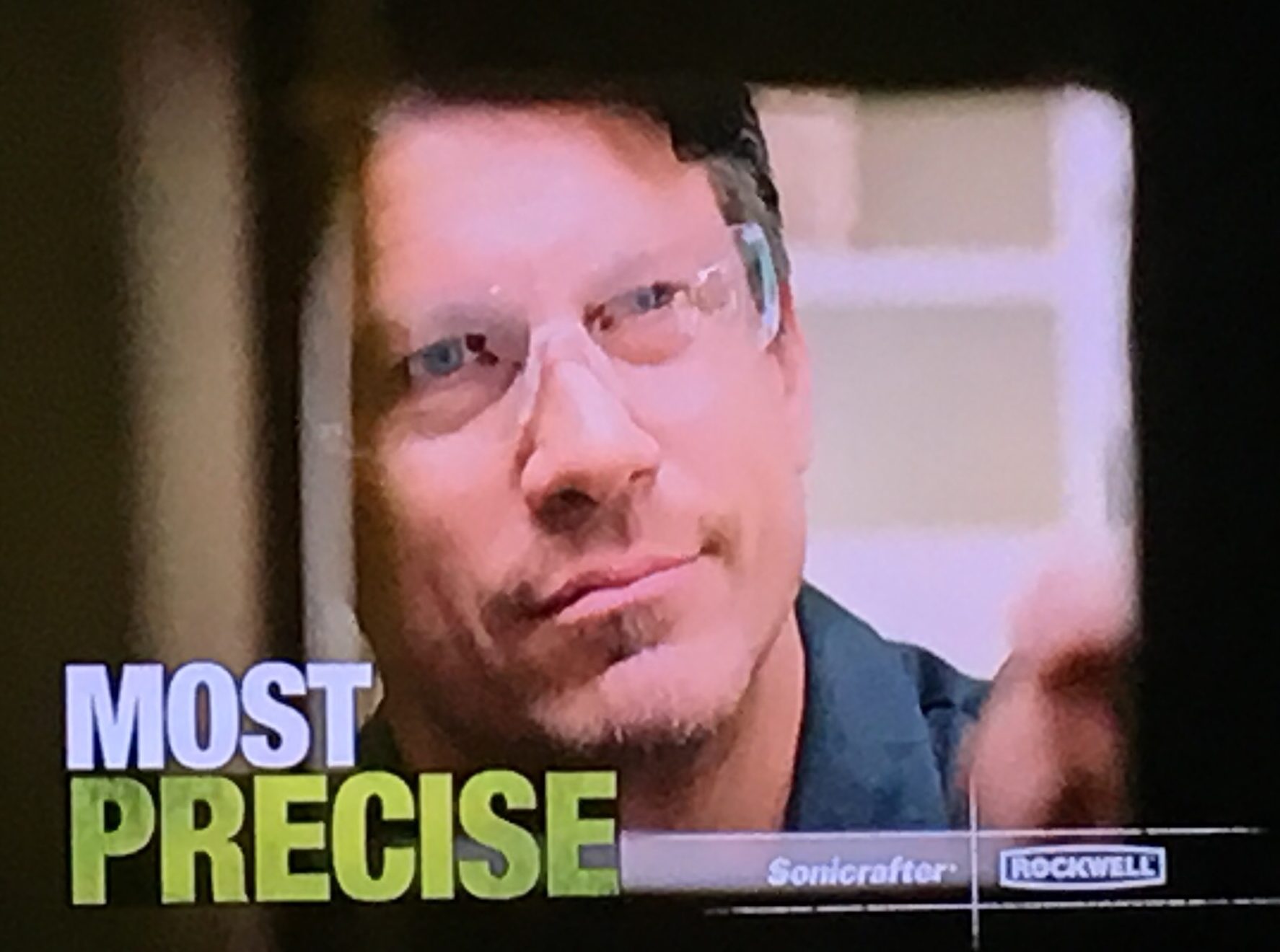
The company has been broken up and the pieces are at companies like Boeing, which has an unfortunate and wasteful habit of not preserving the historic brand names it acquires (i.e, McDonnell Douglas). However, the tools brand lives on with the company Positec USA, and perhaps it makes sense that Boeing does not use the brand, as a company’s name cannot be split between too many companies without diluting the meaning.
The everyday consumer had little to do with Rockwell save the tools brand. Happily, the consumer brand was rescued over a decade ago by a University of Virginia grad named Tom Duncan of Positec USA, which is Chinese owned. Positec is a company started by a Suzhou entrepreneur named Don Gao. Gao is one of many industrialists in China realizing that being the low-value manufacturer is a dead end, and owning your own, U.S.-based brand not only helps improve margins, but keeps your company so it is not dependent on the whims of other middlemen.
While the Rockwell is owned overseas, the company has created jobs in North Carolina. Duncan told The New York Times in 2012:
Too often, Americans have a negative perception of Chinese companies, but I have a unique perspective. I was impressed with Mr. Gao’s operation, which was entrepreneurial and driven by innovation.
We’ve created more than 100 high-paying jobs in the United States, and also a number for our business partners here. We’re also considering transferring some functions that are now done in China to our North Carolina facility.
That there are riches to be found in distressed or unused brands is undeniable. It just takes years, and very sustained effort. There are hundreds of brands like Rockwell out there, needing revival. Good work. And glad it was a UVA guy that did it.

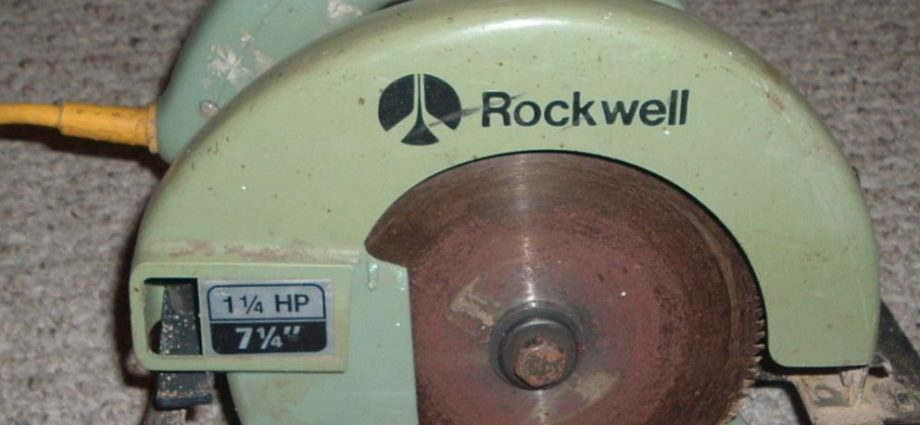
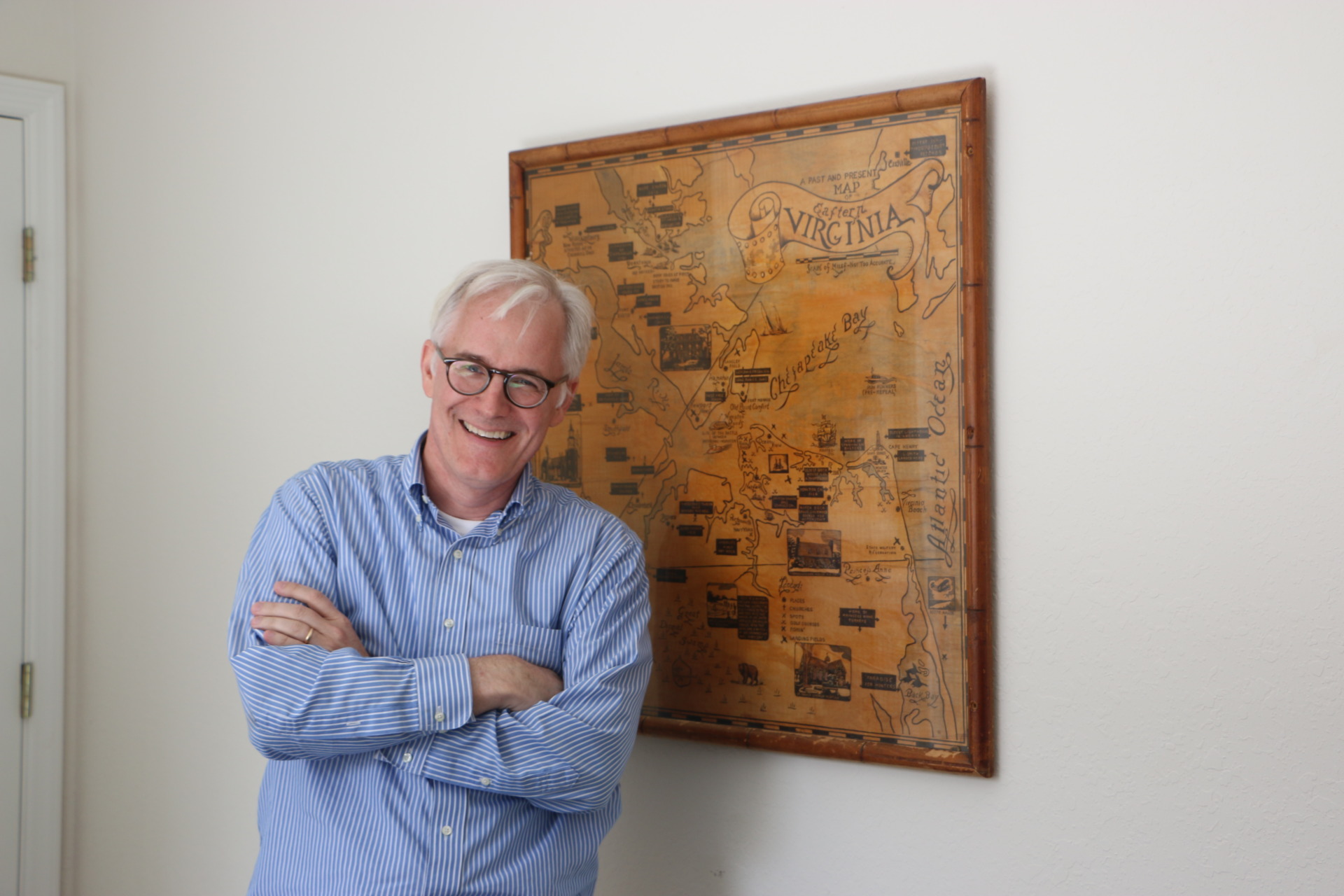
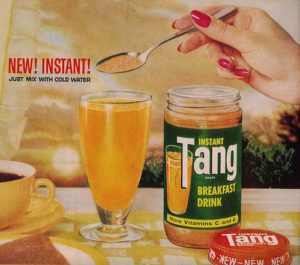


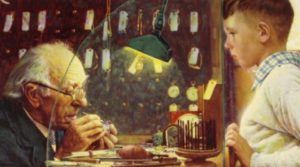
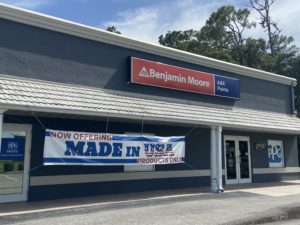

I can’t stand to see it when a licensed brand name is used to market items completely unrelated to their original product category.
Solar powered flashlights by Singer
Chia Pets by Bronson Lighters
Etc
Corporations historically have suffered from product myopia. Movie studios considered the television industry as the enemy while not realizing that they were supplying the same product: Entertainment. The method of distribution being the only difference. Decades later they merged into “suppliers of media”
Railroads hated the trucking industry, but both were supplying the same product: Transportation. Integration of both should’ve happened decades ago instead of relatively recently. UPS FedEx etc recognize a similar situation and have expanded into having their own airlines.
I don’t have an MBA nor even a H.S. diploma yet I see these things so clearly. I don’t consider myself as being outstandingly smart but how can CEOs and their sheepskins who pull down 7 figure salaries consistantly miss these sort of things? Probably has something to do with secret handshakes and attending ritualustic meetings wearing nothing but a square hat.
Rockwell tools have a good reputation no doubt the recognizable name place no small part in that. A brand that has retained it’s good reputation and a new owner of it that recognizes that the reputation will only last as long as their willing to maintain quality in production of the goods. We all can think of goods (Bell and Howell come to mind) that have not gone that route and are perceived as low quality, over priced TV goods that are just a sticker on a product that can be purchased much cheaper without that sticker.